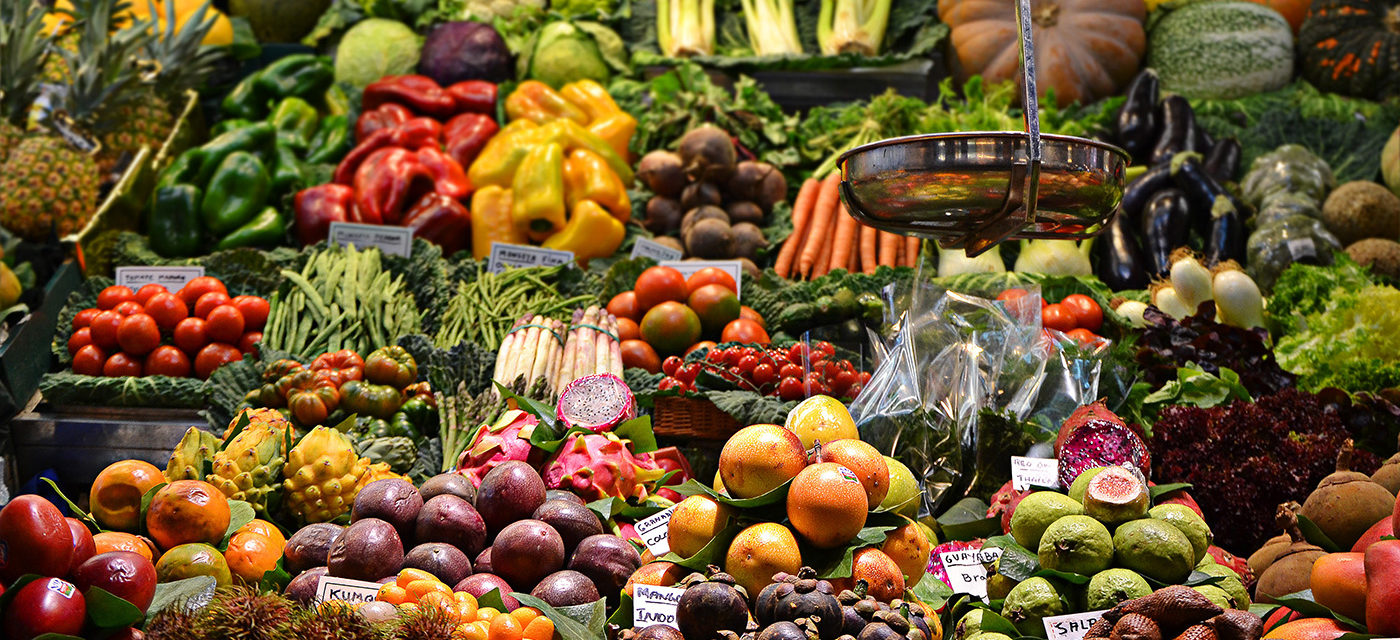Why Veggies are so Good For You
Your mom always said, “eat your vegetables” and she was right – maybe in greater methods than she knew. While you don’t should pass all veggies and emerge as a strict vegetarian, one of the healthiest consuming conduct you may foster for your circle of relatives is to devour greater greens. Learn why greens are excellent for you in 7 easy facts. Buy our best seller here.
1. Vegetables are a perfect supplement. Vegetables are low in fats and protein accordingly they may be a perfect complement to animal protein foods. Make vegetables the centerpiece of your meals and let the opposite meal groups accompany them. For many families, this may be a switch of mindset from meat and potatoes to potatoes and meat. The animal food is more of a garnish, including taste and vitamins to the medley of vegetables and grains. Stir-fry is a good example. (Even better would be a mixture of fish and vegetables). If you aren’t ready to relegate steak and meatloaf to 2nd place, as a minimum make vegetables the same stars in the meal. With interesting and tasty vegetable dishes at the table (and quite a few starches), your circle of relatives will gradually start eating less meat.
2. Vegetables are nutrient-dense. Vegetables pack a lot of vitamins into a minimum of calories. For a measly 35 calories, you can get a 1/2 cup of greens that includes a wide variety of vitamins, minerals, and health-building substances, called phytonutrients – not to mention a lot of flavors. Load up on legumes (the own circle of relatives of beans, peas, and lentils). Second, only soy, and legumes are the fine plant supply of proteins, fiber, and iron, similar to being excessive in folate.
3. Veggies are a dieter’s best partner. Vegetables get top billing on any diet because most are “free foods,” meaning you can eat an unlimited amount. Why this lean indulgence? Because of a neat little biochemical quirk that only veggies enjoy: the body uses almost as many calories to digest vegetables as there are in vegetables in the first place. You’ll use up a maximum of the 26 calories in tomato by simply chewing, swallowing, and digesting it.
4. You can fill up for less. Because of the fiber in greens, you get fuller faster; that's any other cause why it’s almost not possible to overeat greens.
5. Variety, variety, variety. Let’s face it, diversity makes life interesting. Adults, at least, like different foods and are organized in different ways. Witness the diversity of ethnic eating places in any large city. There are hundreds of different kinds of vegetables and even more ways to prepare them.
6. Vegetables provide complex carbohydrates. The energy in vegetables is in the form of complex carbohydrates. These take some time to digest and don’t purpose the blood sugar highs and lows that sugars do. An exception to this rule is the sugar in beets or corn. (These sugars have an excessive glycemic index and trigger the insulin cycle.)
7. Vegetables contain cancer-fighting phytos. On paper, a nutrient analysis of vegetables may not appearance all that special. Sure, there are lots of nutrients in vegetables, but most of these can also be found in other foods, such as fruits and grains. What you don’t see in the nutrition charts or on the package labels are the hundreds of valuable nutrients, called phytochemicals, found in plants that have as-yet untold health-promoting properties. New research, especially in the field of cancer, is showing that vegetables are nature’s great health foods.

